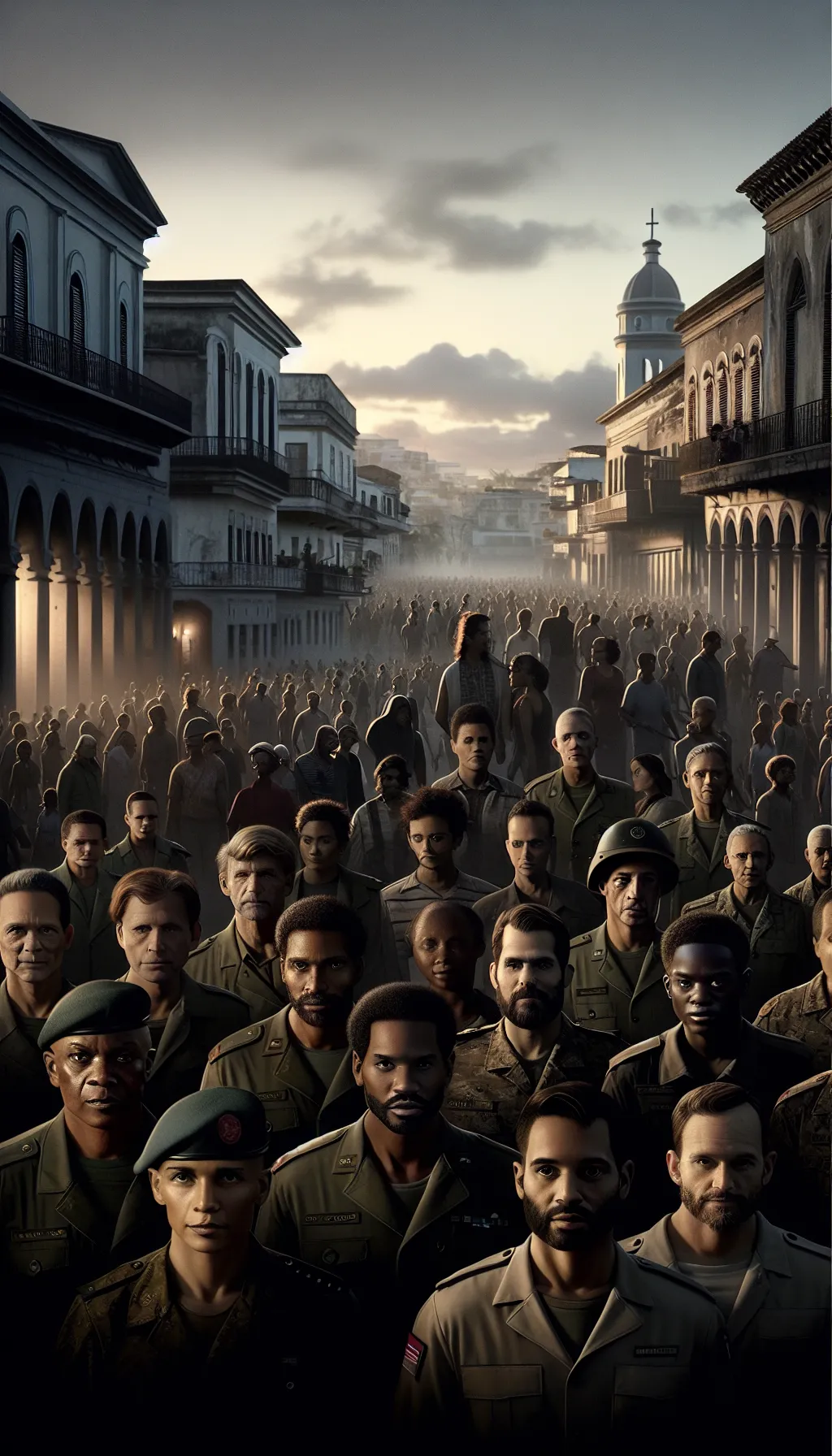Dominican Republic – The Dominican Uprising – April 24, 1965
TLDR;
- Event: The Dominican Civil War began on April 24, 1965, with a rebellion in Santo Domingo aimed at restoring ousted president Juan Bosch.
- Cause: The uprising was fueled by political turmoil following Bosch’s 1963 overthrow, with rebels seizing key locations to rally support.
- International Involvement: The U.S. intervened on April 28, 1965, under Operation Power Pack, citing fears of communism, which later proved exaggerated.
- Outcome: The war ended with a provisional government and 1966 elections won by U.S.-backed Joaquín Balaguer, leaving lasting scars on the nation’s democracy.
–
Story
The air was thick with tension in Santo Domingo on April 24, 1965. The streets buzzed with whispers of rebellion, and the city was a powder keg ready to explode. As the sun rose, a group of determined military officers and civilians made their move, igniting the spark that would become the Dominican Civil War.

Two years earlier, the Dominican Republic had seen its first democratically elected president, Juan Bosch, overthrown in a military coup. His brief tenure had promised hope and reform, but his ousting plunged the nation back into political turmoil. Now, in 1965, a coalition of Bosch supporters was ready to fight for his return.
The uprising began with the rebels seizing key military installations and radio stations in Santo Domingo to rally popular support. Their message was clear: the people demanded the restoration of their rightful leader.
But the situation rapidly escalated. The provisional government, backed by conservative military factions, resisted fiercely. As the conflict intensified, the United States, citing fears of a ‘communist takeover’—though declassified documents later showed the threat was exaggerated—intervened with Operation Power Pack on April 28, 1965, four days after the uprising started. The streets of Santo Domingo became a battleground, with international eyes watching closely.
The Dominican Civil War was a turning point, not just for the nation but for Cold War geopolitics. It highlighted the fragile nature of democracy in the region and the lengths to which superpowers would go to maintain influence. In the end, the conflict led to a compromise, with a provisional government under Héctor García-Godoy installed, followed by elections in 1966 won by Joaquín Balaguer, a conservative backed by the U.S., not Bosch. But the scars of the war lingered, a reminder of the struggle for democracy and the cost of foreign intervention.
–
| Would a different international response have changed the course of the Dominican Civil War? |